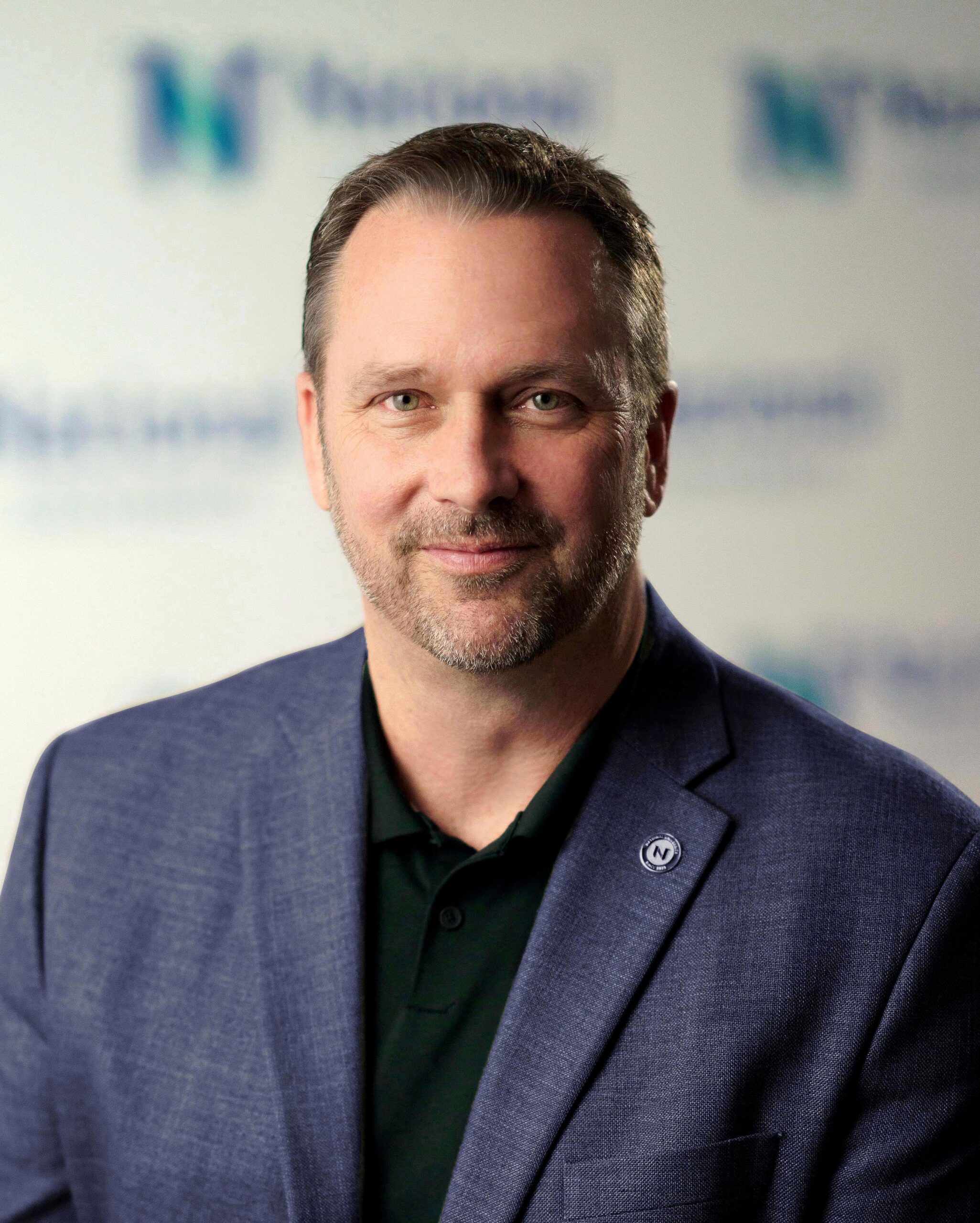
Mark Milliron
Dr. Mark David Milliron is an award-winning leader, author, speaker, and consultant, who works with universities, community colleges, K-12 schools, foundations, corporations, associations, and government agencies across the country and around the world. He serves as President & CEO of National University (NU), one of the largest private, nonprofit universities in the United States. NU has a 50 year history of innovating around the needs of nontraditional, working, and military-affiliated students. The faculty and staff at NU have catalyzed the careers of community difference makers in service industries such as education, healthcare, business, cybersecurity, law, and criminal justice. Moreover, NU’s education initiatives—including Harmony Academy along with Workforce and Community Education—reach millions of K-12 students, as well as tens of thousands of teachers and other working professionals each year.
In addition to his work with NU, Mark helps catalyze positive change in education through his service on the boards of leading-edge education organizations, including the Trellis Foundation; Hispanic Association of Colleges and Universities (HACU); Association of Independent California Colleges and Universities (AICCU); Civitas Learning; ISKME’s OER Commons; YellowDig; and NearPeer.
In 1999, The University of Texas at Austin’s College of Education named Mark a Distinguished Graduate for his service to the education field. In 2007, the American Association of Community Colleges (AACC) presented him with its prestigious National Leadership Award and inducted him into the AACC Hall of Fame. He was inducted into the United States Distance Learning Association’s Hall of Fame in 2013. In 2016 he was chosen by the Chronicle of Higher Education as one of the “Top Technology Innovators” in higher education; and in 2025, he was named by the San Diego Business Journal as the region’s “CEO of the Year” for the public sector.
Regardless of all of his activities and accomplishments, he will quickly tell you that the most important job and the greatest blessing in his life is serving as Julia’s husband, and as father to Alexandra, Richard, Marcus, and Max.
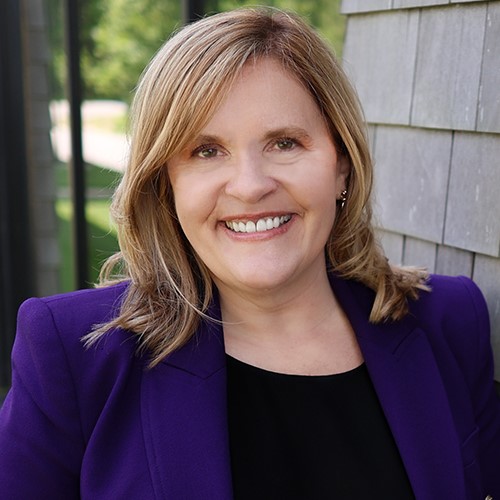
Lisa Marsh Ryerson
Lisa Marsh Ryerson currently serves as president of Southern New Hampshire University (SNHU). As SNHU’s sixth president, Lisa’s connection to the university and love for its mission spans more than two decades and includes six years of service on the SNHU Board of Trustees and two years as Provost.
As president of the largest nonprofit provider of higher education in the United States, Lisa is focused on serving SNHU’s more than 200,000 learners across the globe and advocating for the more than 40 million Americans with some credit but no degree or credential. Rooted in radical collaboration and disciplined decision making, Lisa’s leadership style empowers others and is driven by evidence and data. A champion of SNHU’s “learners first” culture, Lisa believes learner-centered design is key to the equitable attainment of a degree that, for many, can change the trajectory of their lives. As a first- generation college graduate, Lisa understands the impact a degree can have on a person, family, and community.
A trusted leader in the nonprofit space and champion for improving quality of life, Lisa served as president of the AARP Foundation, the charitable affiliate of the AARP, for nearly nine years before joining SNHU. Prior to that, she served as university president and CEO of Wells College for 18 years.
Lisa has also served on boards of higher education and nonprofit organizations and currently sits on the boards of the National Association of Independent Colleges and Universities, the American Council on Education, the National Women’s History Museum, the New Hampshire College and University Council, and the AGB Council of Presidents, and is vice chair of the NE10 Conference Council of Presidents. She previously served on the boards of the Shriver Center on Poverty Law and The Generosity Commission.
Lisa earned a Bachelor of Arts in English from Wells College and a Master of Science in Education/Literacy from the State University of New York Cortland. She was also awarded an Honorary Doctor of Humane Letters degree from Southern New Hampshire University, an Honorary Doctor of Humane Letters from the State University of New York, and an Honorary Doctor of Social Services from Dickinson College.
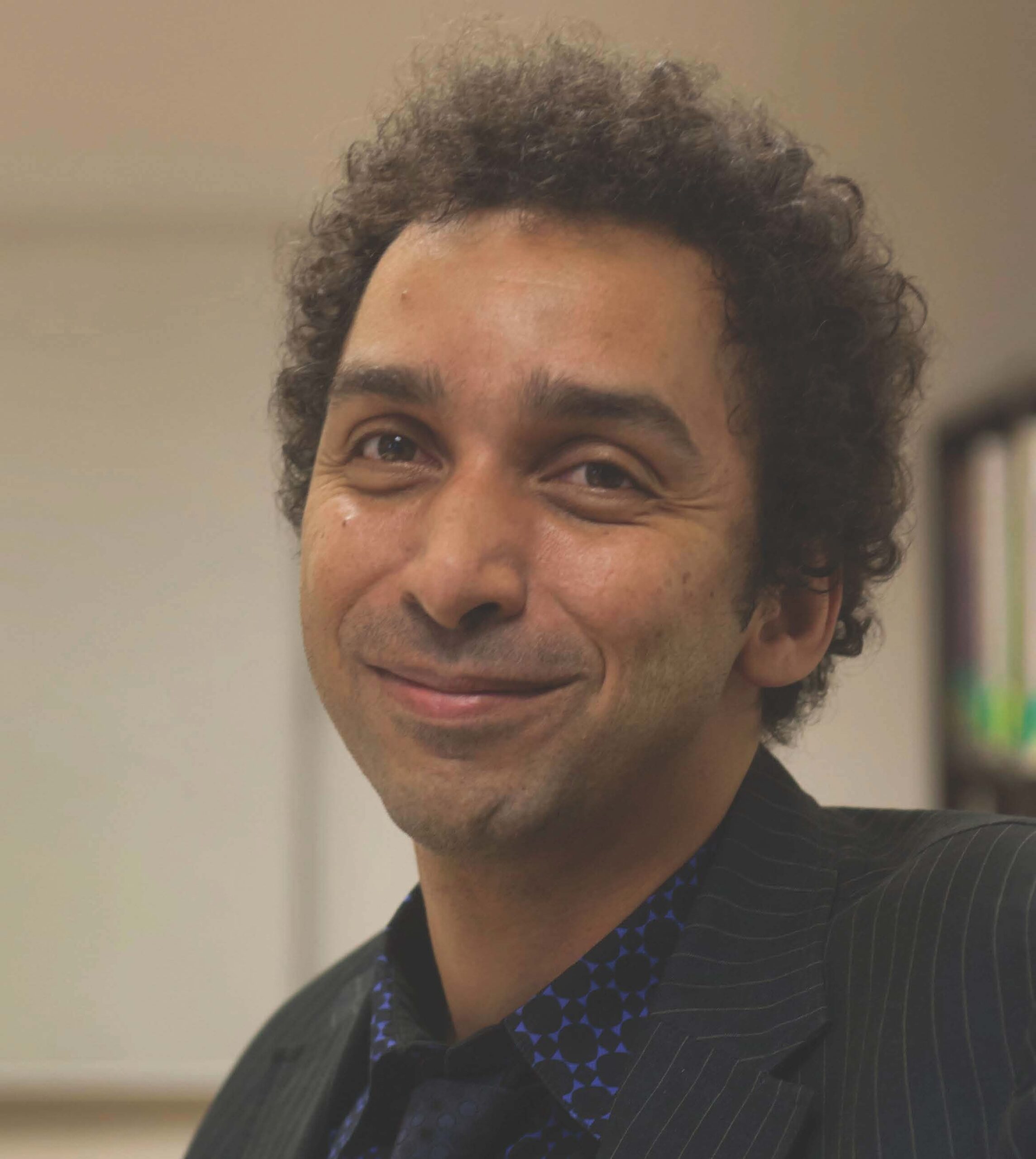
Stéphan Vincent-Lancrin
Stéphan will talk about the state of digital transformation in OECD countries with a focus on AI. Building on OECD Digital Education Outlooks 2021 and 2023 as well as the upcoming OECD Digital Education Outlook 2025 on generative AI and his other work on innovation in education, he will reflect on the current state of digitalization: what digital AI tools might bring to education, what we know about the level of adoption within countries, some of the challenges that countries are talking about, etc. He will present some AI applications to support student learning, teaching professional learning as well as system-level then reflect on generative AI specifically and where some of its opportunities and challenges lie for different types of educational processes and outcomes. He will contrast the speed of AI developments with the level of country adoption, present where most OECD countries are at, and note the difference between generative and non-generative AI in that respect. He will eventually highlight the OECD guidelines on the effective and equitable use of AI in education, developed in collaboration with Education International, the federation of teacher unions, and invite some ideas for upcoming guidelines on generative AI.
Stéphan Vincent-Lancrin is Deputy Head of the Centre for Educational Research and Innovation (CERI) and a Senior Education Economist at the Organisation for Economic Co-operation and Development (OECD), where he leads work on digitalization and AI in education (“Smart data and digital technology in education: AI, learning analytics and beyond”), on education during the covid-19 crisis as well as a large international practice-engaged innovation project in 24 countries on driving change for competency-based curricula (Fostering and Assessing Creativity and Critical Thinking in Education). His work has focused on innovation in education and higher education, looking at how to support innovation-friendly ecosystems in education, how to drive change and adapt to innovation, and studying specific innovations.His recent reports include the OECD Digital Education Outlook 2021: Pushing the Frontiers with AI, Blockchain and Robots and OECD Digital Education Outlook 2023: Towards an effective digital education ecosystem (2023), Fostering Students’ Creativity and Critical Thinking: What it Means in School (2019), and Measuring Innovation in Education 2023: Tools and Methods for Data-driven Improvement (2023).
He is a Marie Curie Fellow, a 2007 Fulbright New Century Scholar, a 2023-24 residential fellow at Stanford University’s Center for Advanced Study in the Behavioral Sciences (CASBS) and received awards for his work from the US National Association of Assessment Directors and from the International Center for Innovation in Education. He holds a PhD in economics, a master’s in philosophy and a grande école diploma (Ecole Supérieure de Commerce de Paris).
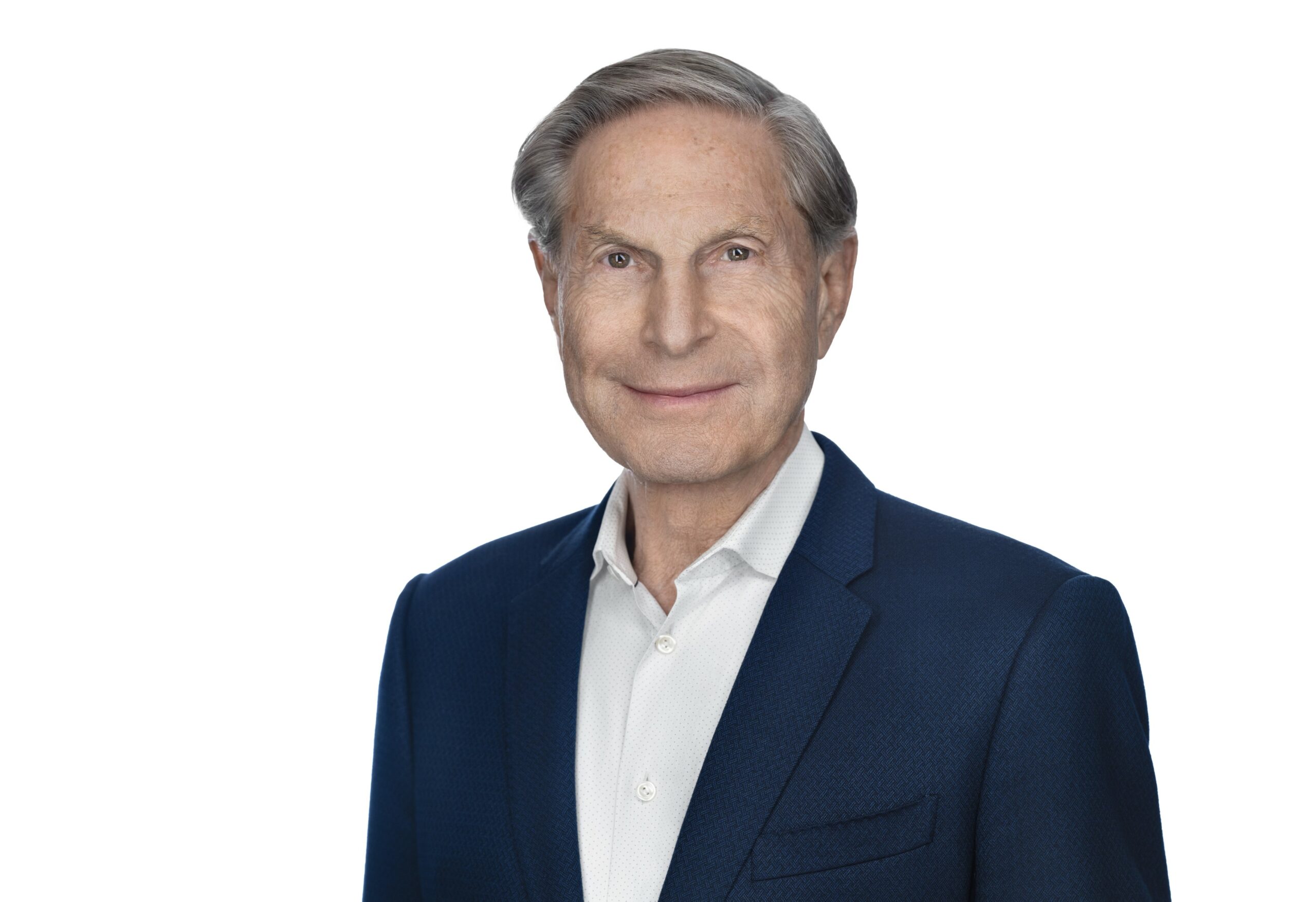
Howard Brodsky
Howard Brodsky is a world leader of co-operatives and a prolific American entrepreneur. Brodsky founded CCA Global Partners, one of the largest Cooperatives in the United States with profits of over 10 billion. Brodsky has founded over 24 cooperatives and 4 non-profits throughout his career.
Brodsky was the first American to be awarded the Rochdale Award, a prestigious honor given to one person in the world every two years recognizing significant contributions to the cooperative movement. He also received the Business Leader of the Decade Award, Global Leadership Award from the World Affairs Council, and was inducted into the Cooperative Hall of Fame and the Entrepreneurial Hall of Fame.
Brodsky is the Global Chairman of the International Cooperative Alliance (ICA) G20 Group and the Vice-President of the International Cooperation Innovation Network (ICIN) Board of Directors. He is the Founder and Chairman of Cooperatives for a Better World, a worldwide non-profit, which aims to scale the global cooperative movement, and co-founder and CEO of Start.Coop. Brodsky serves on the Board of Directors for New Hampshire Public Broadcasting and the Steele Foundation for Hope. He previously served as the Chairman for the New Hampshire Better Business Bureau, and Southern New Hampshire University (SNHU).
He was recently awarded the distinction of Executive in Residence at the SNHU Business School. Brodsky is a published author, and his theory on business can be seen on the highly rated TEDx Talks. Recently, he was invited to speak at the United Nations on the power of the contemporary cooperative. Brodsky holds a B.A. in Economics from Wesleyan University and received an honorary degree of Doctorate of Humane Letters from the University of New Hampshire.
Brodsky is also the cofounder, Chairman, and CEO of The Principle 6 Cooperative: the first global cooperative of cooperatives. Principle 6 brings together global cooperatives to foster collaboration, strengthen operational efficiency, and expand cooperative sustainability through shared best practices.
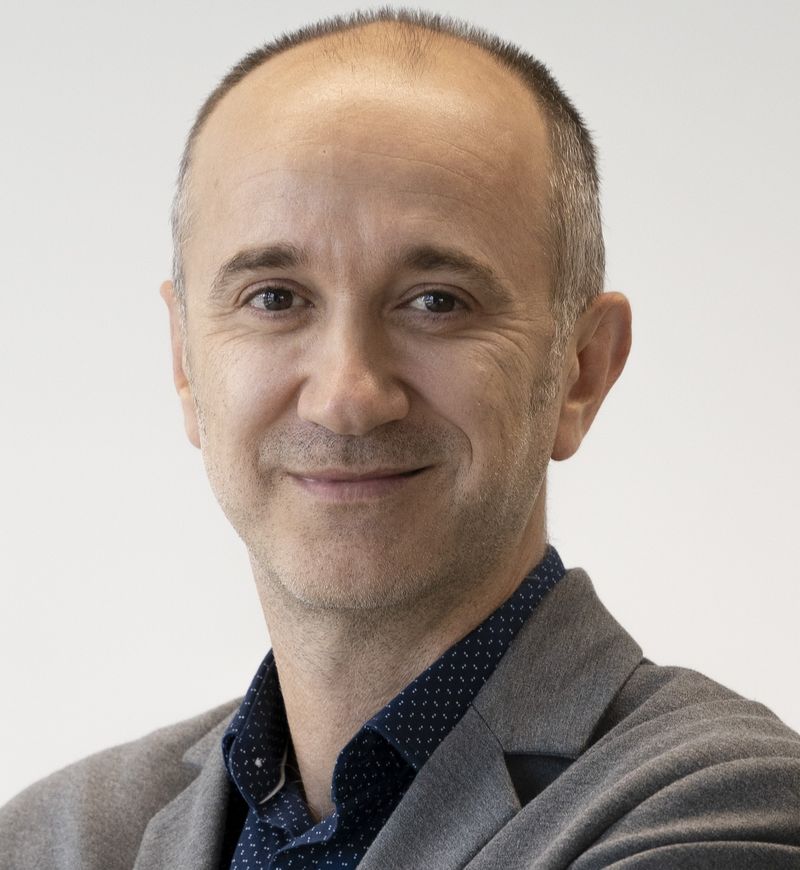
Dragan Gasevic
Artificial intelligence (AI) is reshaping the ways people learn and work, while the half-life of knowledge and skills continues to decline. Although AI offers opportunities to personalize learning and augment human performance, it also changes what knowledge and skills are required and poses risks such as overreliance, skill erosion, and metacognitive laziness. Empowering learners for this new landscape requires fostering adaptive learning skills, which entails developing the ability to acquire, update, and apply knowledge while working effectively with AI. This talk presents a novel framework for understanding knowledge and skills in the context of AI, focusing on self-regulatory and metacognitive capabilities that enable learners to decide when and how to offload cognitive and metacognitive processes. The talk will build on insights from multiple empirical studies and present implications that inform implications for research, policy, and practice.
Dragan Gašević is Distinguished Professor of Learning Analytics in the Faculty of Information Technology and the Director of the Centre for Learning Analytics at Monash University. Dragan’s research interests center around data analytic, AI, and design methods that can advance understanding of self-regulated and collaborative learning. He is a founder and served as the President (2015-2017) of the Society for Learning Analytics Research. He has also held several honorary appointments in Asia, Australia, Europe, and North America. He is a recipient of the Life-time Member Award (2022) as the highest distinction of the Society for Learning Analytics Research (SoLAR) and a Distinguished Member (2022) of the Association for Computing Machinery (ACM). In 2019-2024, he was recognized as the national field leader in educational technology in The Australian’s Research Magazine that is published annually. He led the EU-funded SHEILA project that received the Best Research Project of the Year Award (2019) from the Association for Learning Technology.
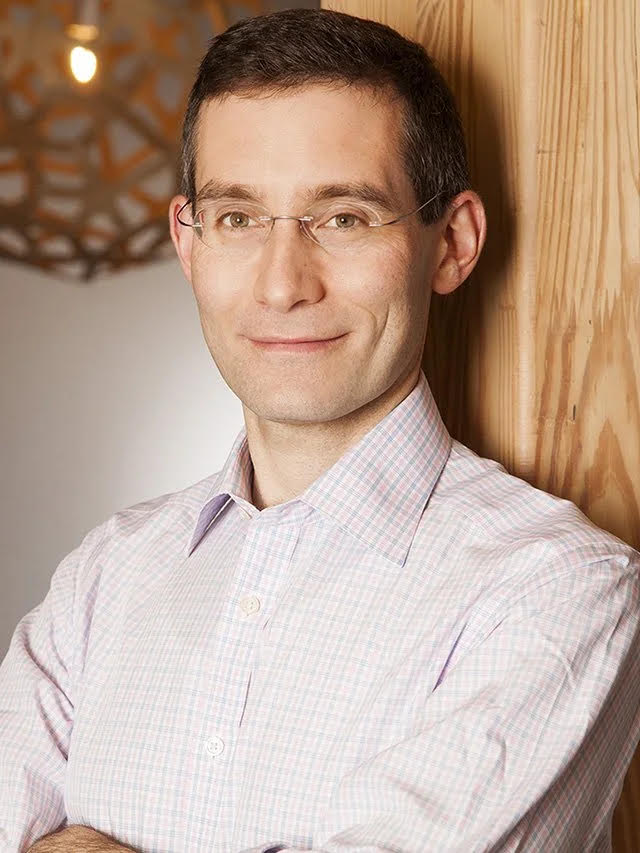
Matt Sigelman
Matt Sigelman is President of the Burning Glass Institute. He has dedicated his career to unlocking new avenues for mobility, opportunity, and equity through skills.
Matt and his team created the field of real-time labor market data, a breakthrough innovation that has transformed the way that policy makers, researchers, employers, education institutions, and workers understand, plan for, and connect with the world of work. By mining billions of job openings and career histories, Matt led the company that has become Lightcast to become a leading authority on the global market for talent, harnessing advanced AI and natural language processing to render data that provide unprecedented granularity on the changing landscape of opportunity for workers.
By tracking demand for tens of thousands of skills across over 30 countries, Matt’s work has cracked the genetic code of an increasingly dynamic market, with deep insights that not only chart how work is being redefined but also identify the skills that bridge the gap between people and opportunity. This intelligence is critical in protecting the workforce from obsolescence and in highlighting routes to social mobility even amidst the threat of massive automation-driven displacement.
Matt has served as a Visiting Fellow and now Senior Advisor at The Harvard Project on the Workforce. Before launching the Burning Glass Institute, Matt served as CEO, and then Chairman, of Lightcast for over twenty years. Previously, Matt worked at McKinsey & Company and at Capital One. He is also Founder of the Main Line Classical Academy, an elementary school bringing the classical liberal arts curriculum and rigorous study in math and science to the kindergarten level on up and dedicated to the idea that children are never too young to learn great things.
He writes widely on the job market and is consulted frequently by public officials and the global media. Matt holds an AB from Princeton University and an MBA from Harvard.
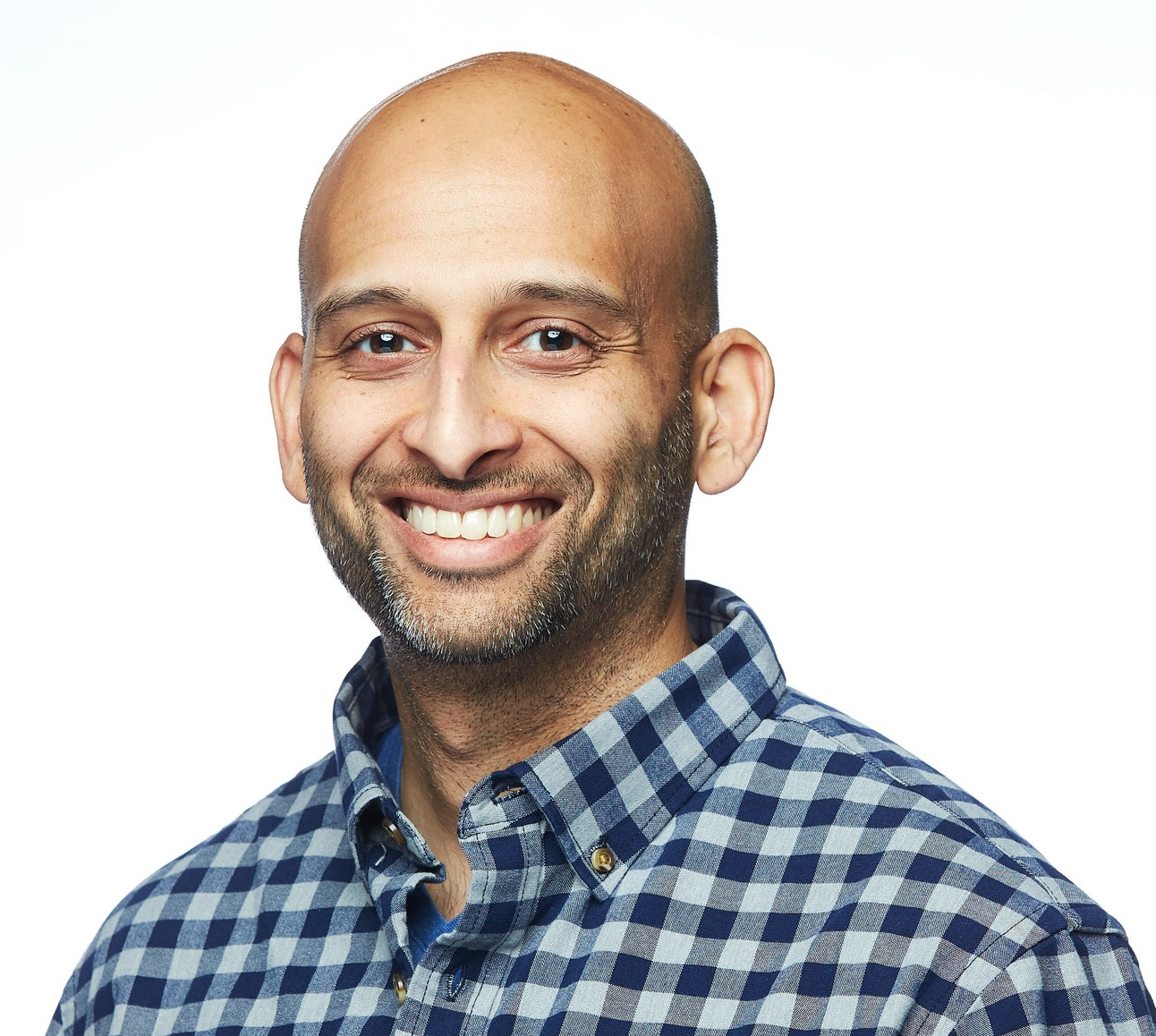
Hamel Husain
Hamel Husain is a ML Engineer with over 20 years of experience. He has worked with innovative companies such as Airbnb and GitHub, which included early LLM research used by OpenAI, for code understanding. He has also led and contributed to numerous popular open-source machine-learning tools. Hamel is currently an independent consultant helping companies build AI products.
Abstract: We’ve all experienced it: an AI feature that works perfectly in a demo but fails in unexpected ways with real users. The common response is to tweak the prompt and hope for the best. This keynote offers a more reliable path forward, grounded in a simple, repeatable process: Analyze, Measure, and Improve. We will reframe AI evaluation not as a final step, but as the core learning engine for building better products.
The journey begins with the Analyze phase, where we move from assumption to understanding. Instead of guessing what might be wrong, we will show how to systematically review your AI’s behavior to gain a deep, qualitative understanding of its actual failure modes. This creates a clear, evidence-based picture of what needs to be fixed.
Next, we Measure what matters. This phase is about translating those qualitative insights into reliable, quantitative metrics. By developing custom, application-specific checks, you can create a clear scoreboard to track progress, prevent regressions, and make data-driven decisions about quality.
Finally, this data empowers the Improve phase. With a clear view of what’s broken and how often, you can make targeted interventions that lead to real, measurable improvements in your AI’s performance and reliability. This cycle creates a powerful feedback loop, turning evaluation into a continuous learning process.
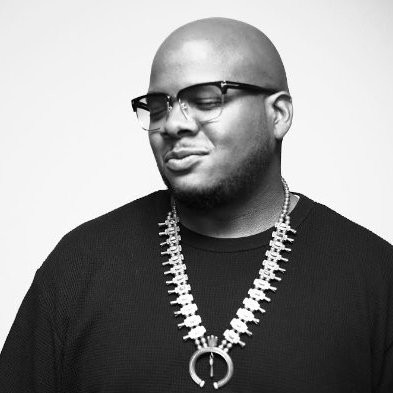
Rob English
Rob English is a specialist in cultural change with a career rooted in brand strategy and storytelling. He began in advertising, where he developed expertise in brand architecture and audience engagement while working with Fortune 500 companies including Volkswagen, Vitamin Water, Reebok, and Coca-Cola. His passion for creative work that resonates across rapidly evolving sectors—such as entertainment, fashion, and technology—shaped his approach to brand development.
Seeking to expand beyond traditional advertising, Rob transitioned to working directly with music artists and cultural figures on diverse creative projects. In this capacity, he served as creative director for artists including Lady Gaga and John Legend.
In 2016, Rob co-founded the artist management company Friends At Work with Ty Stiklorius, as well as the strategy and storytelling firm THE WORK, both designed to bring lifestyle and entertainment insights to artists, brands, and social impact initiatives. His creative leadership has guided campaigns for organizations such as the Chan Zuckerberg Initiative, the MacArthur Foundation, and John Legend’s FREEAMERICA, with a focus on transformative issues including the future of learning and criminal justice reform.
Rob currently serves as Creative Director of the AI education startup Matter and Space, where he continues to merge cultural insight with forward-looking innovation.